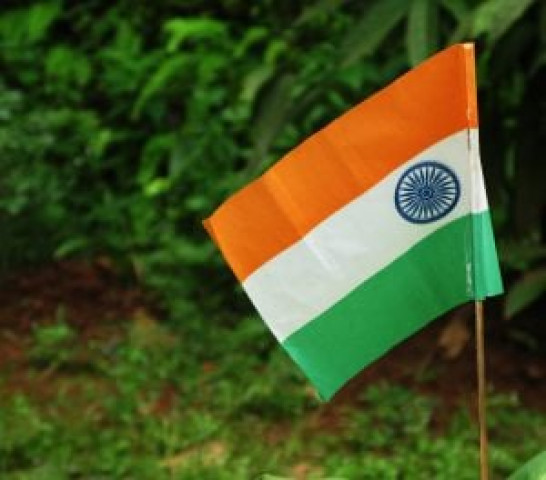Contemplating ‘the greatest threat to India’
‘Genesis and growth of Naxalite Movement’ launched at IPRI.

Naxalite Movement reflects underlying issues in the Indian social, economic and political institutions, while exposing its claim of a big democratic country. This was stated by Asghar Ali Shad, writer and author of a book on the guerrila movement that was launched at the Institute of Policy Research Islamabad (IPRI) on Monday.
Published by IPRI, the book “Naxal Tehrik Ki Ibtida Aur Farogh” (Genesis and Growth of Naxalite Movement) gives a detailed account of the atrocities of the guerrilla movement with facts and figures, which claims to establish a state based on radical left doctrines in India within two decades, and which the Indian Prime Minister Manmohan Singh has described as “the greatest threat to Indian security”.
“The spread of Naxalite movement since 1967 reflects the widespread alienation and discontentment felt by large parts of the country”. Naxal movement highlights various underlying weaknesses of India’s governance, political institutions and socio-economic disparity. It has succedded to spread its network to 240 districts in 15 states, the author said.
“Given this socio-economic alienation, it is easy to see how the Naxalite’s ideology is popular among the rural poor and indigenous tribes in India,” said Shad, who is a linguist and specializes in India’s domestic politics.
However, some argue that Naxalites are not concerned about the socio-economic welfare of the poor and are simply using them as a means to seize political power, he added. “It is an amazing fact that India, having one of the fastest growing economies in the world, and being the most populous democracy, is facing several resistance movements,” Shad said.
During question answer sessions the participants agreed that to comprehensively dissolve the Naxalite-like threats, the governments of India and Pakistan should address root causes of uprising and resistance movements. Socio-economic alienation and dissatisfaction with the widening economic and political inequality will not be solved by military force alone, they said.
Published in The Express Tribune, July 26th, 2011.



















COMMENTS
Comments are moderated and generally will be posted if they are on-topic and not abusive.
For more information, please see our Comments FAQ